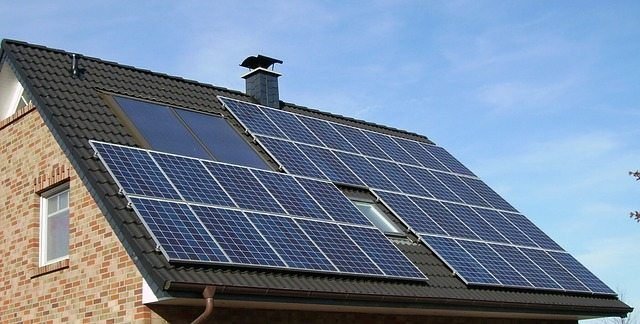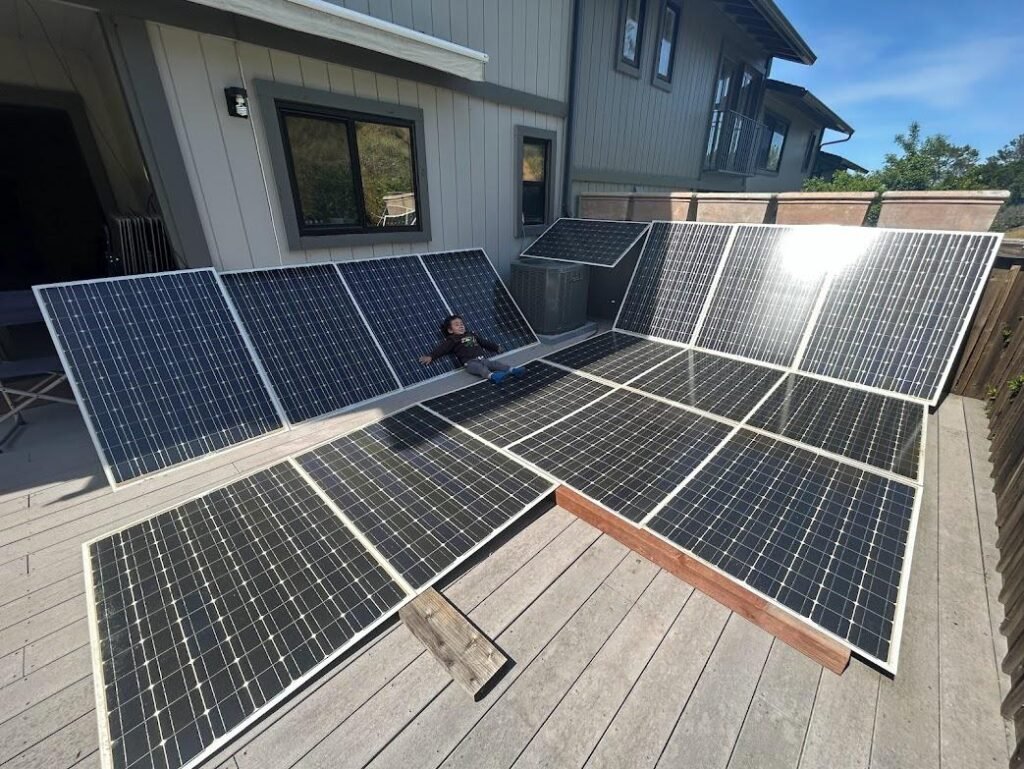Introduction
Appraisersforum homeowner unable to proven solar is permitted, As homeowners increasingly turn to renewable energy solutions, the installation of solar panels has gained popularity. However, navigating the complexities of solar permitting can be challenging, especially for those looking to sell their homes or get appraisals. This article will link solar permitting issues with the concerns raised in forums like AppraisersForum, focusing on the importance of documentation and compliance for homeowners.
What is Solar Permitting?
Solar permitting is the process through which local authorities grant permission for the installation of solar energy systems. This involves ensuring that the installation meets safety, structural, and zoning regulations. The aim is to protect the public and promote responsible energy use.
Why is Solar Permitting Important?
Safety: Permits ensure that solar systems are installed correctly, reducing risks of electrical fires or structural damage.
Property Value: Homes with properly permitted solar systems may have higher resale values, a topic frequently discussed in AppraisersForum.
Insurance Coverage: Many insurance policies require proof of permits for coverage on solar systems.
Government Incentives: Some tax credits or rebates require proof of compliance with local regulations.
Challenges Homeowners Face
Homeowners often encounter difficulties in proving their solar installations are permitted, which can lead to discussions on forums like AppraisersForum. Here are some common challenges:
Lack of Documentation
Many homeowners rely on contractors for the installation and permitting process. If the contractor fails to obtain necessary permits or provide proper documentation, homeowners may face issues during appraisals.
Changes in Local Regulations

Solar permitting processes can vary significantly by locality. If a homeowner installs their system during a regulatory change, they may not have the latest information on requirements.
Resale Issues
Appraisersforum homeowner unable to proven solar is permitted, When selling a home, prospective buyers may request proof of permits for solar installations. Homeowners who cannot provide this documentation may find it challenging to complete a sale or may have to reduce their asking price, a concern frequently highlighted in appraisal discussions.
Steps to Resolve Permitting Issues
If you are unable to prove that your solar installation is permitted, here’s a step-by-step guide to help you address the issue:
Step 1: Gather Existing Documentation
Start by collecting any paperwork related to your solar installation, including:
Contracts with the solar installation company
Invoices for the installation
Correspondence with your contractor
Step 2: Contact Your Installer
Reach out to your solar installation contractor and request:
Copies of any permits they obtained
Documentation showing compliance with local regulations
Step 3: Research Local Permitting Requirements
Check your local government’s website or contact the planning or building department to familiarize yourself with specific permitting requirements.
Step 4: Verify Permits with Local Authorities
Contact your local building department to confirm whether permits were issued for your solar installation. They can provide copies if available.
Step 5: Apply for Retrospective Permits
If no permits exist, you may need to apply for a retrospective permit. This process typically involves:
Having the installation inspected by a qualified inspector
Completing necessary modifications to meet current codes
Submitting an application to local authorities
Step 6: Document Everything
Maintain thorough documentation of all communications, applications, and inspections. This can be crucial during appraisals and future property sales.
Preventing Future Issues
To avoid similar issues in the future, consider the following tips:
Research Contractors: Before hiring, check reviews and ask for references. Ensure they have a solid track record in obtaining permits.
Understand Local Regulations: Stay informed about local solar regulations, as they can change over time.
Maintain Documentation: Keep all documentation related to your solar installation organized and easily accessible.
Case Study: The Thompson Family’s Solar Installation

Background: Appraisersforum homeowner unable to proven solar is permitted, The Thompson family decided to install solar panels on their home in Springfield, aiming to reduce energy costs and promote sustainability. They hired a contractor who assured them that all necessary permits would be obtained.
Challenge: A few years later, the Thompsons decided to sell their home. During the appraisal process, potential buyers requested proof that the solar installation was permitted. The contractor had failed to provide the necessary documentation, leaving the Thompsons unable to demonstrate compliance.
Steps Taken:
Gathering Documentation: The Thompsons collected all available paperwork, including the original contract and invoices.
Contacting the Installer: They reached out to the contractor, but received no response. Frustrated, they decided to take action.
Researching Local Regulations: They researched local solar permitting requirements and contacted the Springfield building department.
Verifying Permits: The building department confirmed that no permits had been issued for the installation.
Applying for Retrospective Permits: The Thompsons applied for a retrospective permit. They arranged for a qualified inspector to evaluate the installation, which required minor adjustments to meet current safety codes.
Documenting Everything: Throughout the process, they maintained meticulous records of all communications and inspections.
Outcome: After obtaining the retrospective permit, the Thompsons were able to provide the necessary documentation to potential buyers. This allowed them to successfully sell their home at a fair market price, emphasizing the importance of ensuring proper solar permitting from the outset.

FAQ
Q1: What is solar permitting?
A1: Solar permitting is the process through which local authorities grant permission for the installation of solar energy systems, ensuring they meet safety, structural, and zoning regulations.
Q2: Why is it important to have a solar permit?
A2: Permits ensure safety, help maintain property value, are often required for insurance coverage, and may be necessary for government incentives.
Q3: What should I do if I can’t find my solar installation permit?
A3: Start by gathering any related documentation, contact your installer for copies, research local permitting requirements, and verify with local authorities. If no permit exists, you may need to apply for a retrospective permit.
Q4: Can a lack of a permit affect my home’s resale value?
A4: Yes, potential buyers may request proof of permits. If you cannot provide this documentation, it could hinder the sale or lower your home’s value.
Q5: How can I prevent permitting issues in the future?
A5: Research contractors before hiring, stay informed about local regulations, and keep all documentation related to your solar installation organized.
Conclusion
Proving that your solar installation is permitted can be challenging, especially in the context of property appraisals. Engaging in discussions on platforms like AppraisersForum can provide valuable insights and advice from other homeowners and professionals facing similar issues. By gathering documentation, communicating with your installer, and verifying permits with local authorities, you can effectively navigate these challenges. Embracing renewable energy is a significant step toward sustainability, and ensuring compliance with local regulations will enhance the long-term benefits of your solar system, ultimately protecting your investment and property value.
